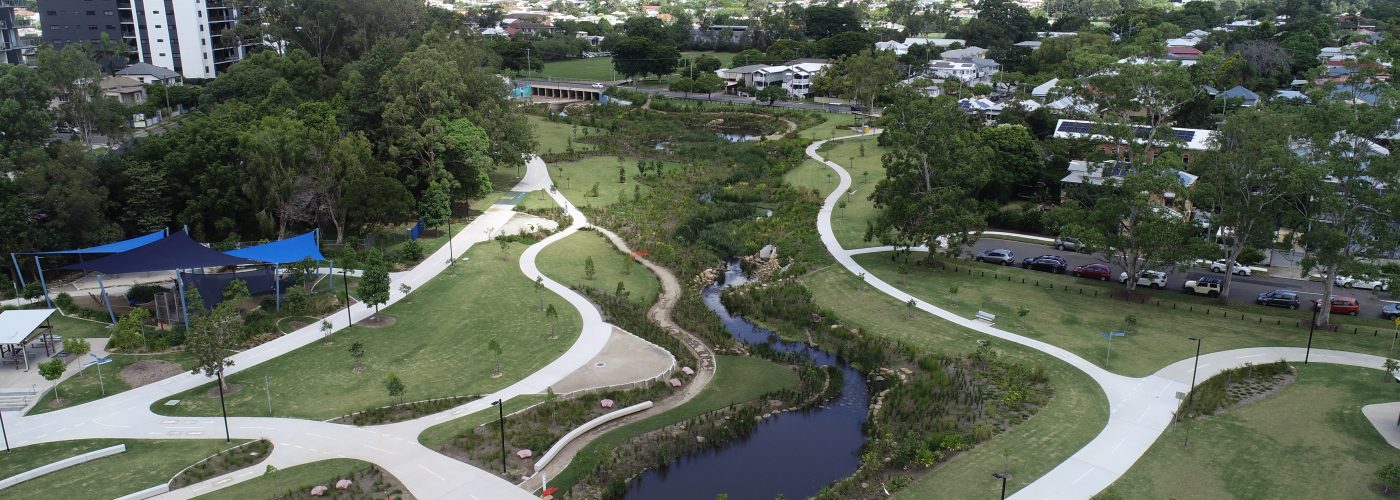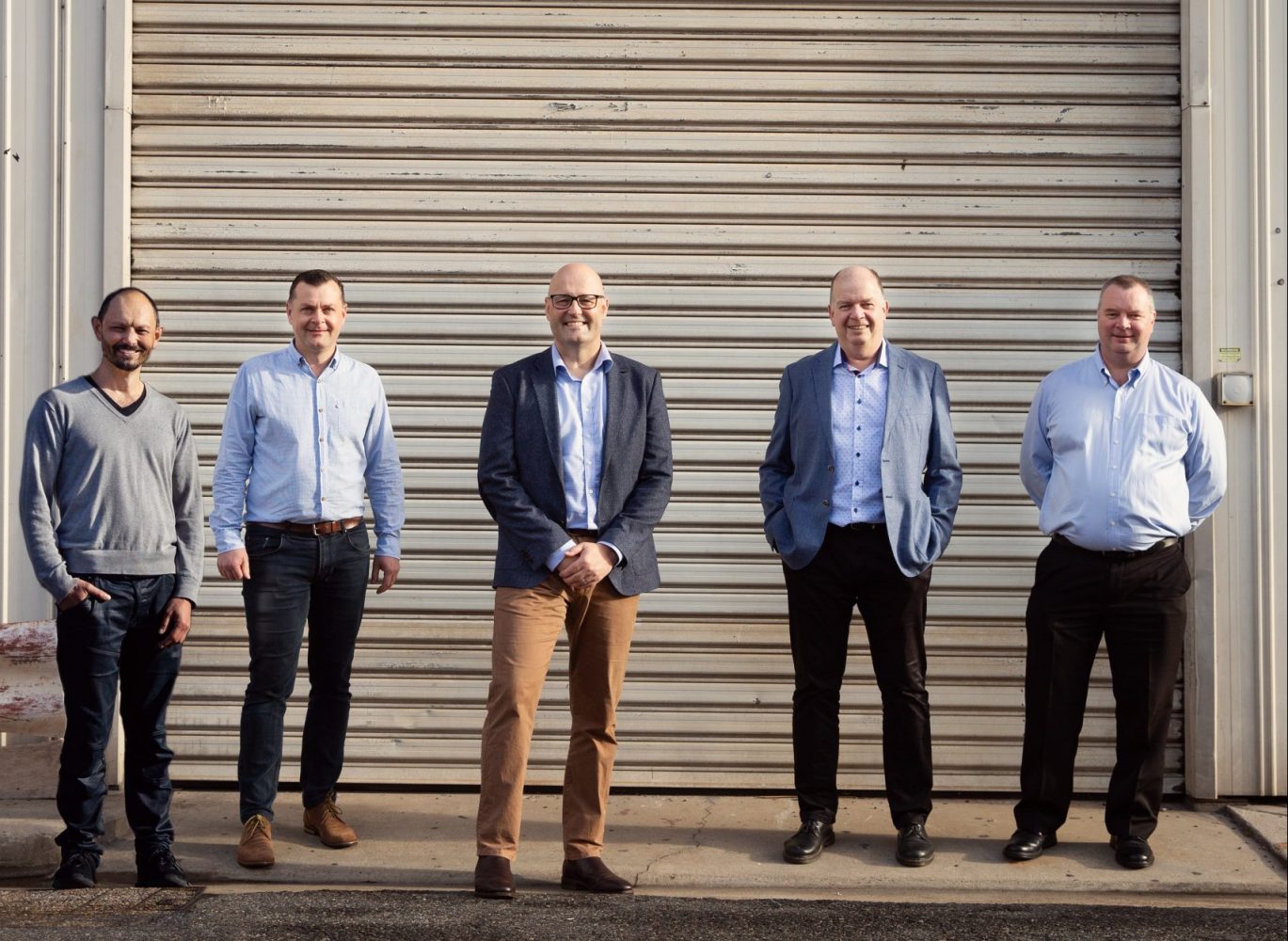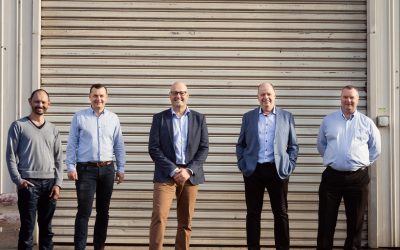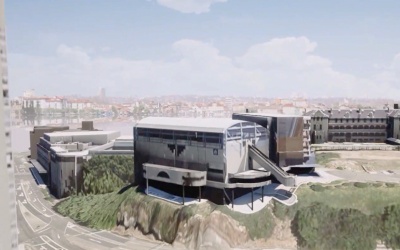The Latest News at Bligh Tanner
Bligh Tanner Sydney has officially been open for two months. We’ve had a very warm response, including a number of Brisbane based clients interested in connecting their national teams. We’ve welcomed Tim Marcot as Associate Director, Structures with over 21 years’ experience as a consulting engineer. Throughout his career Tim has led a variety of commercial, industrial, education, local government and residential projects throughout Australia and the United Kingdom. Tim’s appointment alongside Nathan strengthens our presence and provides a base for deliberate and considered growth over the coming year.
In addition to Tim joining us in Sydney, we also welcome Sarah Lunau as Principal Scientist. Sarah was formerly the General Manager of Gladstone Water, and has led the implementation of systemic organisational reforms, operation and maintenance activities, and complex capital works projects. In addition to qualifications in environmental science, she holds a Masters in Integrated Water Management. Sarah balances her time between Gladstone and our Brisbane office.
We asked the newest members of our team a couple of questions relating to their role, personal accomplishments and any tips for emerging engineers and scientists, read below:
Sarah Lunau
What project have you worked on in your career that has provided the most professional satisfaction and why?
My first Implementation of a drinking water quality management system at Gladstone was very professionally satisfying – I learned so much along the way. As one of the first utilities in QLD to develop a DWQMP, we made the decision to build the system in-house and the regulator showcased our plan for other utilities, big and small, as the ‘go to’ plan. What I loved most was developing capacity within and across the organisation and being invited into other organisations to learn from them and help them in their journey.
What brought you to Bligh Tanner and how has your first month been?
I was drawn to the culture, which looks great on paper, but was tangible from the first time I came into the office (for an interview). My first month has been good, a little daunting at times! Working remotely has its challenges, but the team is great – those first few weeks in the office gave me the confidence to know I can reach out for support. Some early wins and thanks from clients has been heartening ?
What is the best career lesson you’ve learned so far?
Turn your full attention to the person in front of you, listen and don’t be afraid to ask the silly question.
What does a typical day look like for you?
Get up early, COFFEE, walk (run-ish) and swim at the beach, followed by work, interspersed with school pick up/drop-offs, a load of washing, yoga in the evening, crash in front of telly or read a book or attempt to sketch/paint (latest hobby) or play ukulele…. and usually early to bed.
If you had one tip for young Scientists looking to develop a career similar to yours what would it be?
Be willing to go anywhere for work, don’t typecast yourself, think outside the box – the art of good working science is synthesising the ‘reductionist’ approach with bigger ideas. Be willing to experiment ? have fun.
>>>>>>>>>>>>>>>>>>>>>>>>>>>>>>>>>>>>>>>>
Tim Marcot
What project have you worked on in your career that has provided the most professional satisfaction and why?
The first question is easy, it’s Bishop King Edward Chapel, in Oxfordshire UK. Why, because is it such a beautiful structure and the design team, client and builder were all great to work with. [Check out the beautiful building here via Arch Daily]
What brought you to Bligh Tanner and how has your first month been?
I liked the type of work ie. Nothing too big or small provided it is interesting, challenging and great work. The challenge and adventure of starting up a new office is also very exciting.
What is the best career lesson you’ve learned so far?
I hope I’m learning all the time / every day, it’s hard to point out one “career lesson”. Maybe a good lesson is that when put on the spot with a problem or question, sometimes the correct answer is “I don’t know, I’ll have to look into that further”. Sometimes it can be hard to say, it takes confidence and self assurance. Some of the best engineers I’ve worked with often admitted to not knowing things. Said in the right way (to the right question) can actually gain you trust and confidence.
What does a typical day look like for you?
I’ll describe an ideal day instead … they do sometimes happen …
– Wake up early and go for a swim and/or run on the beach
– Have breakfast with the family at the café on the way home from the beach
– Get into work and do some scheme designing / sketching
– Go to a design team meeting to thrash out some details
– Get back to the office to an email that says you have just won a nice project
– Go home to put the kids to bed
– Relax, dinner, TV, bed
If you had one tip for young engineers looking to develop a career similar to yours what would it be?
Listen, learn and ask questions to the people around you, whether that’s structural engineers, the person pouring the concrete, the geotechnical engineer, the person behind the excavator or the Architect, there is always something to learn from them provided you listen, ask good questions (and sometimes filter out the rubbish).







